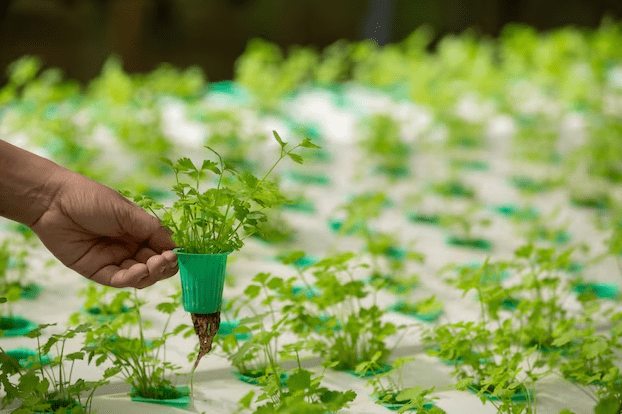The U.S. companies Pepsico and Walmart jointly committed US$120 million to support regenerative agriculture.
What is regenerative agriculture? It focuses on the enhancement and regeneration of natural soil resources and biodiversity through sustainable and resilient practices.
Pepsico reported that it is working to expand and share regenerative practices across 7 million acres (roughly equal to the company’s agricultural footprint), source key crops and ingredients sustainably, and improve the livelihoods of more people in its agricultural supply chain.
In 2023, this company expanded its partnership approach with new programs aimed at accelerating regenerative agriculture, which included a $120 million investment with Walmart to support regenerative agriculture on more than 2 million acres of farmland in the United States and Canada.
Regenerative agriculture is an important practice with the potential to mitigate the impact of climate change.
Pepsico and Walmart
In other words, regenerative agriculture is an agricultural practice that invites nature to take root a little deeper, prioritizes soil health, water quality and harmony among plant, animal and human communities.
It also earmarked a $216 million investment with three of the farmer organizations (Practical Farmers of Iowa, Soil and Water Outcomes Fund and Illinois Corn Growers Association) to help drive the adoption of regenerative agriculture practices in the United States.
Technology is a key enabler for this venture. During the third year of its Positive Agricultural Outcomes Accelerator, Pepsico invested in a variety of practical advances with farmers around the world, including weather stations in Pakistan, on-farm water testing in Iraq, and sprinkler irrigation systems in Colombia.
Pesticides
The company has continued to develop new solutions, such as fertilizers produced from green hydrogen through a partnership with Fertiberia in Spain, with the aim of reducing emissions in potato cultivation by 15%.
And through innovations such as Agroscout, which combines artificial intelligence and drone technology, the company can identify crop diseases more efficiently, reducing pesticide use and improving crop yields.

